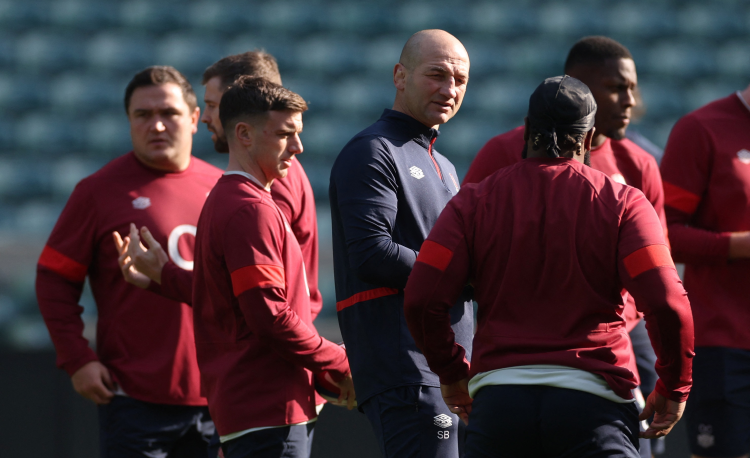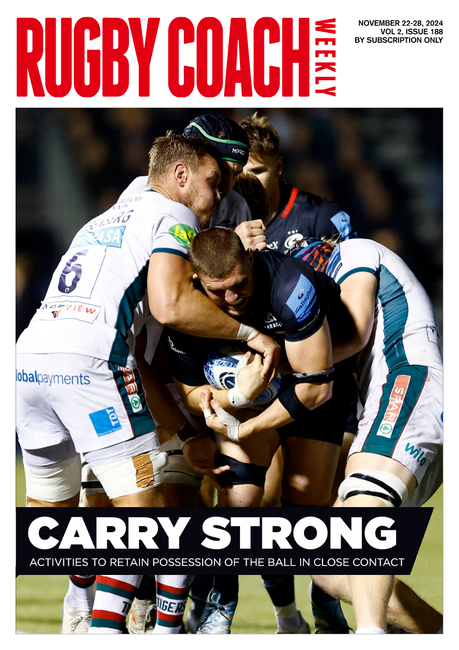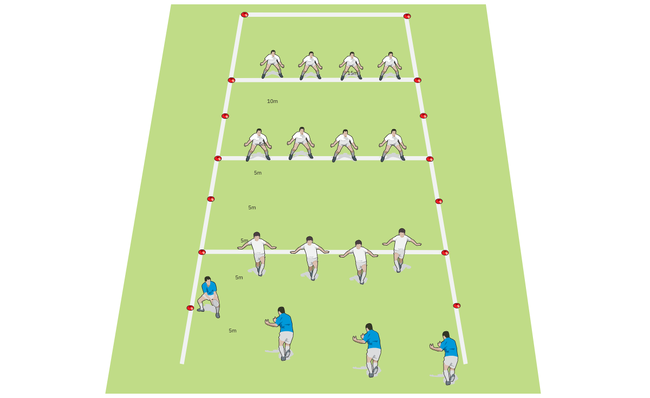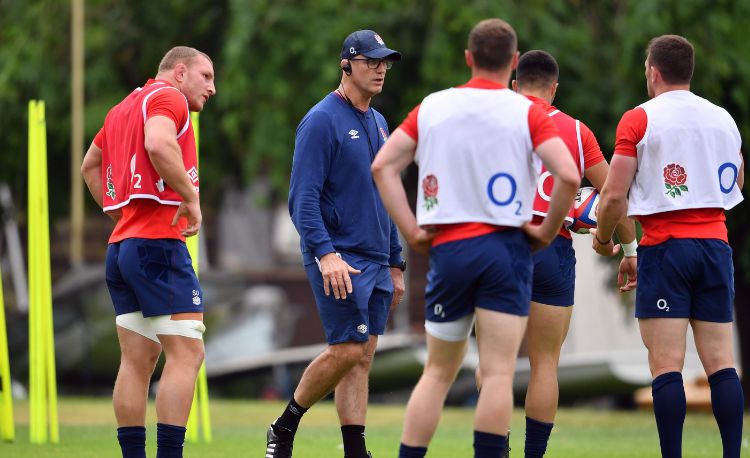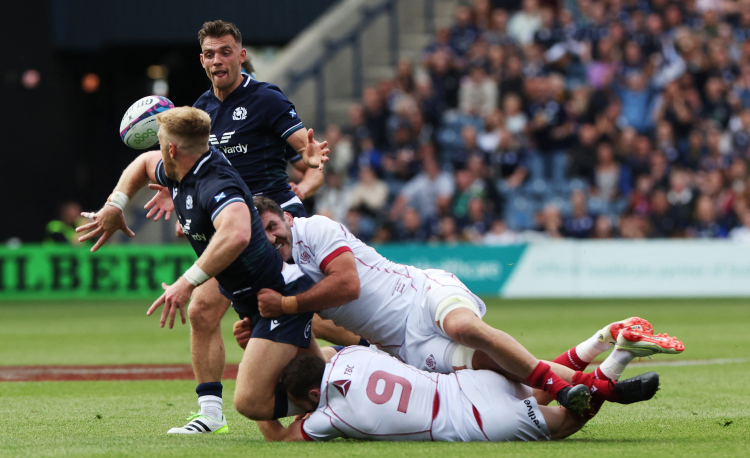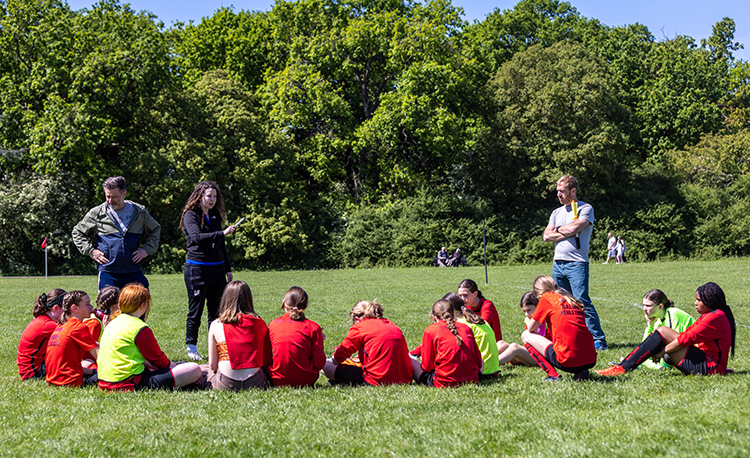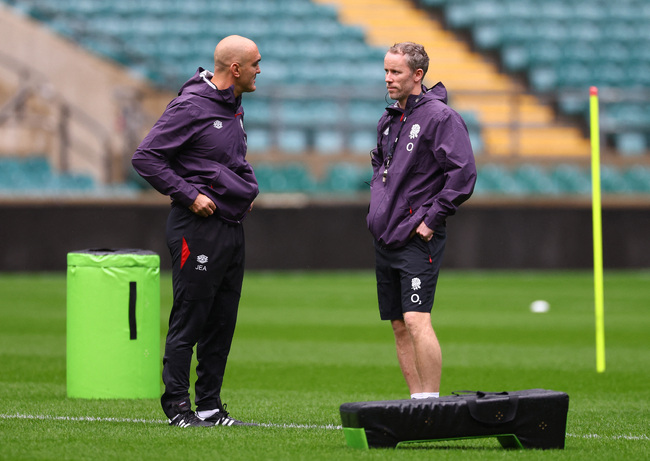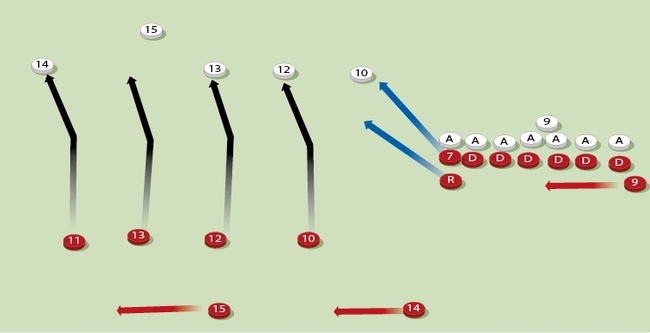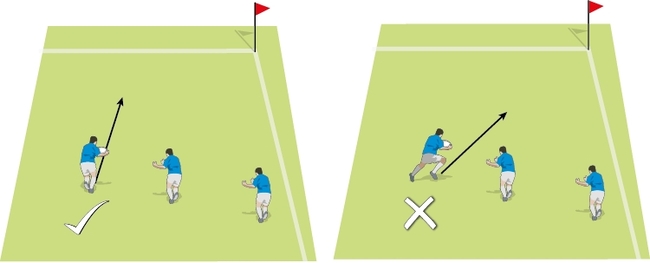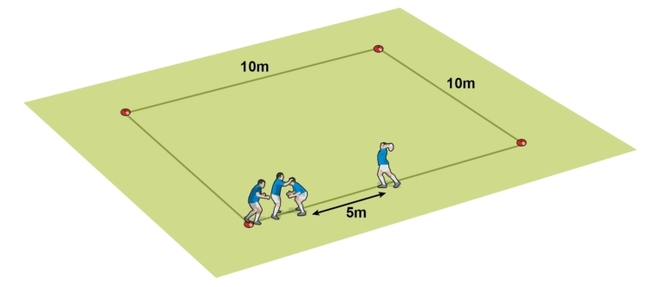Session questions – not session outcomes
How can we stir a curiosity in our players before a training session begins? Can we turn them into peak problem solvers? As I have learned, the answer lies in the questions you can ask them...
From the Undercover Coach.
 From day one of my – cliché alert – ‘coaching journey’, I’ve had it stressed to me how important it is that I am clear on my session outcomes.
From day one of my – cliché alert – ‘coaching journey’, I’ve had it stressed to me how important it is that I am clear on my session outcomes.
"What are you aiming for in this session?"; "What are you trying to get better at?"; "What is the purpose of the session?".
I get it. We need to know where we want to go in a session – don’t we? We can’t let everyone explore everything in every session – can we?
Having session outcomes, or a singular outcome, allows us to be targeted. It gives coaches clarity. We know what practices we should use to pursue our outcome. We know what language we need to use to complement this pursuit. Most importantly, it makes our players feel like there is a plan to help them get better.
Outcomes
Before I design any session, I need to consider what I want us to achieve from it.
I’ll have pored over recent training or game footage. I’ll have identified problems we need to fix, strengths we need to harness, and opportunities we can get excited about.
I’ll always talk to other coaches within my team. I need to understand what they see, what they value and what direction our next session should take.
I talk to the players – and I need to talk to them more – about the experience they are having. Are the sessions addressing areas, skills or moments of the game they want and, in some cases, need to get better at?
This process helps me paint a picture in my head as to what our session outcomes should be.
But, instead of having specific outcomes, what if we had session questions? What if we gave ourselves space to explore and be curious, and less obsessed with reaching an outcome or looking for tangible improvement, straining to see our outcomes met?
Questions
Emotion drives attention. How can we evoke emotion at the start of sessions? How can we stir a curiosity in our players before we train?
We must never forget what it’s like to be in a player’s shoes. Imagine turning up to a session and hearing a question being posed by the coach about an area of the game that we are going to explore collectively.
If a player has their own idea, answer or thoughts before you start, encourage them to share it with others.
Perhaps by having session questions, we are handing the ownership of the learning, of the pursuit of answering questions, to our players.
And, ultimately, don’t we want our players to become excellent problem solvers?
TAKEAWAYS
Shift from outcomes to questions
Instead of focusing on specific session outcomes, consider framing sessions around open-ended questions. This approach encourages exploration and curiosity, allowing both coaches and players to engage more deeply with the learning process.
Fostering player ownership and problem solving
By posing questions rather than prescribing outcomes, players are given more ownership over their learning. This method helps in developing their problem-solving skills and promotes a more interactive and participatory training environment.
Emotion
Emotion drives attention and engagement. Starting sessions with intriguing questions can evoke curiosity and interest among players, making training more dynamic and meaningful. This helps players to connect emotionally with the session content, enhancing their experience and message retention.
Related Files
Newsletter Sign Up
Coaches Testimonials

Gerald Kearney, Downtown Las Vegas Soccer Club

Paul Butler, Florida, USA

Rick Shields, Springboro, USA

Tony Green, Pierrefonds Titans, Quebec, Canada
Subscribe Today
Be a more effective, more successful rugby coach
In a recent survey 89% of subscribers said Rugby Coach Weekly makes them more confident, 91% said Rugby Coach Weekly makes them a more effective coach and 93% said Rugby Coach Weekly makes them more inspired.
Get Weekly Inspiration
All the latest techniques and approaches
Rugby Coach Weekly offers proven and easy to use rugby drills, coaching sessions, practice plans, small-sided games, warm-ups, training tips and advice.
We've been at the cutting edge of rugby coaching since we launched in 2005, creating resources for the grassroots youth coach, following best practice from around the world and insights from the professional game.
